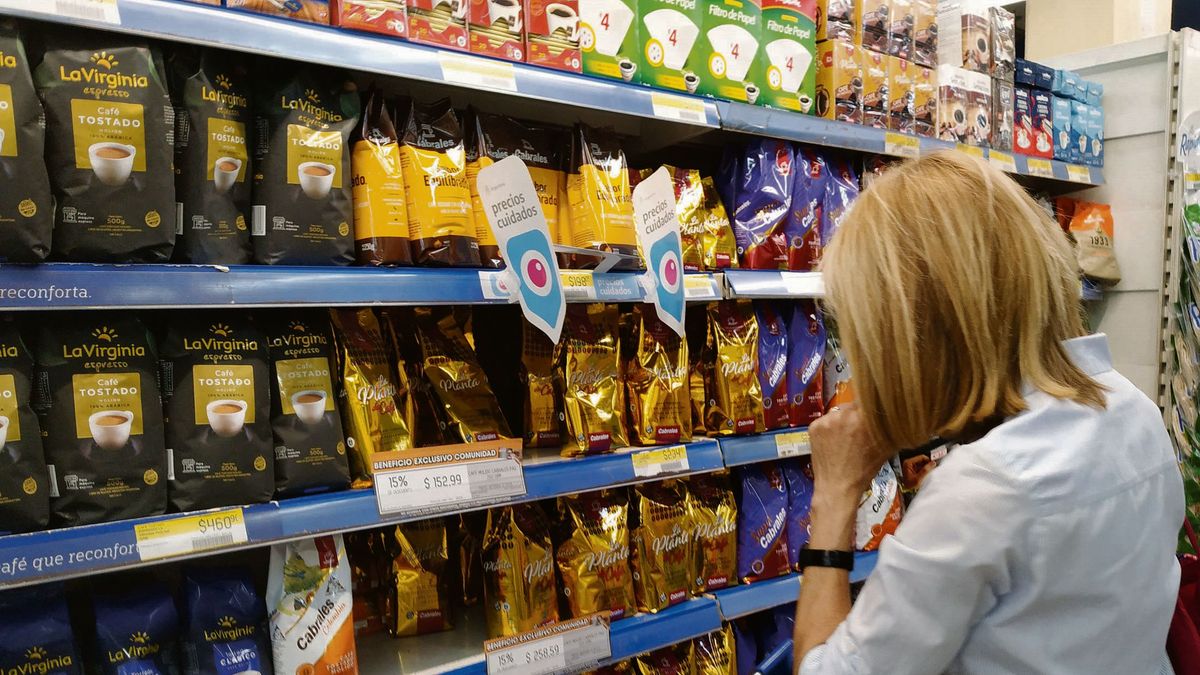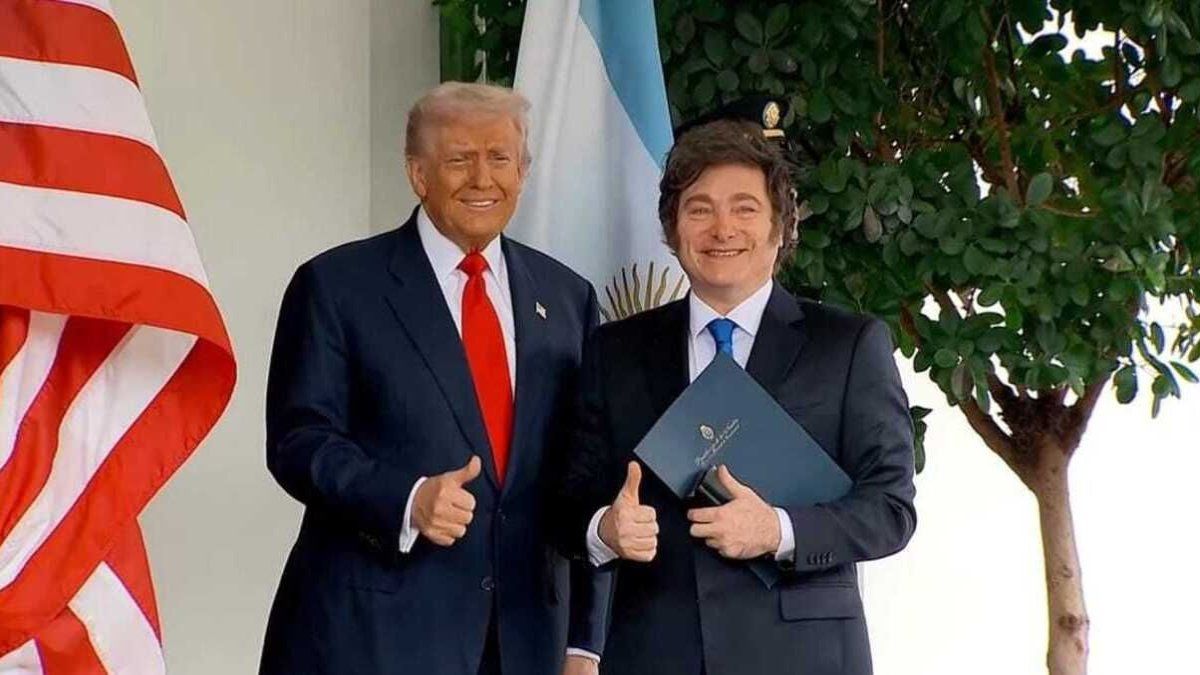“The Government continues to try to reverse its image by looking at the elections on November 14. In this framework, fiscal and monetary expansion continue their course, something that puts pressure on alternative exchange rates in a context of lower dollar flows from foreign trade, “said the SBS Group.
“The need to protect the few reserves (of the Central Bank) that remain waiting to pass the elections of November 14 with few surprises and then hopefully await the next harvests illustrates the limitations of the current financial and economic schemes , in line with their political and social support “, estimated VatNet Research.
“The situation of net reserves is so delicate that, even if no effect of the announced issuance gale were to occur, by the mere fact of maintaining the rate of currency loss this month, the Central Bank would run out of reserves on the Friday prior to the November election “, estimated the consulting firm Massot / Monteverde & Asociados.
“It is very difficult for the electoralist artillery to be able to reverse the numbers of the PASO (September primaries) but yes – instead – can accelerate a crisis“he added.
“The shortage of reserves leads to the intensification of import restrictions, which affects a large number of activities that use inputs and parts of foreign origin in their production process, or that directly force to restrict sales of finished products to the market -automotive case, with serious complications in the operation of the previous savings plans- “, said Fundación Mediterránea.
“For portfolios in pesos, under the hypothesis that the Government will seek to align the rate of depreciation with inflation and the rate instead of making a sharp adjustment to the exchange rate, and taking into account the rally that the ‘dollar linked’, there would be greater relative attractiveness in CER securities (adjusted for inflation) such as ‘Lecer 2Q2022’ and even in the long tranche the ‘TX2’ may offer opportunity, “said settlement and clearing agent Neix.
“Inflation in food increased again in September, and is the one that has the most weight in the CPI (Consumer Price Index), so the Government will seek to strengthen price controls; on the other hand, seasonal prices, which helped in August, will play against this month especially due to increases in clothing and footwear, “said Isaías Marini, economist at Econviews.
“The concerns are no longer centered so much on the previous one, but on the post 14-N (November 14) since not only political reactions will have to be evaluated -especially from the ruling party as they still have two years of mandate ahead- but also in view of this in the will to face the economic imbalances that were postponed, “said Gustavo Ber, head of Estudio Ber.
He added that “it happens that the best scenario – which is in doubt among investors – would be that a broad political consensus is quickly reached on a comprehensive plan not to limit itself to reaching an agreement against the clock with the IMF that only postpones commitments, but that contributes to improve expectations, since without sufficient confidence the strategies lose effectiveness “.
“Although import restrictions could benefit certain items of the manufacturing industry in the short term, threatens the development of industrial exports, at the same time could affect medium-term growth“, estimated the consulting firm ACM.
“It is clear that after the elections this scheme of ‘sitting on the reserves’ together with a persistent exchange rate appreciation will have to be reassessed in light of the negotiation of the new agreement with the IMF and the scarce available reserves,” said Delphos Investment.
David William is a talented author who has made a name for himself in the world of writing. He is a professional author who writes on a wide range of topics, from general interest to opinion news. David is currently working as a writer at 24 hours worlds where he brings his unique perspective and in-depth research to his articles, making them both informative and engaging.




